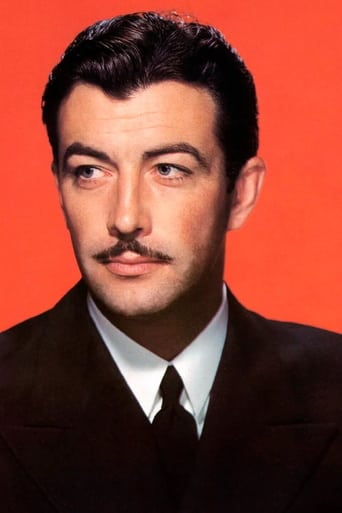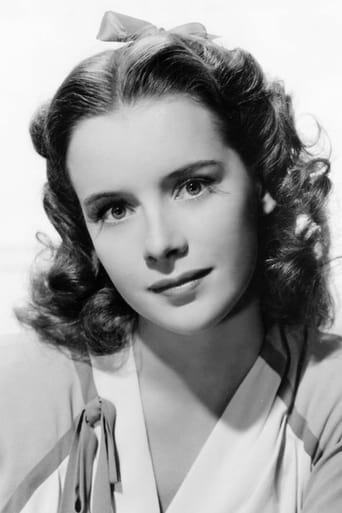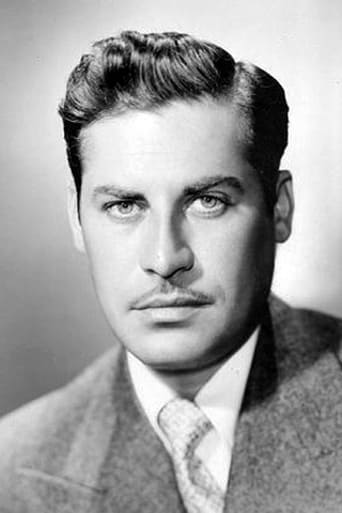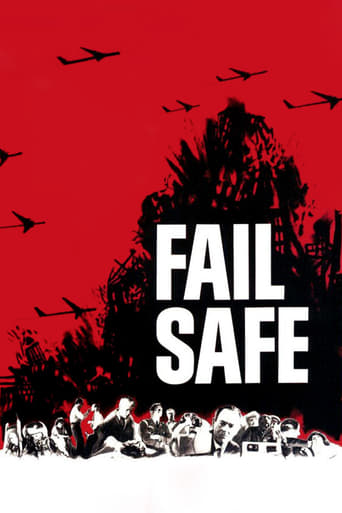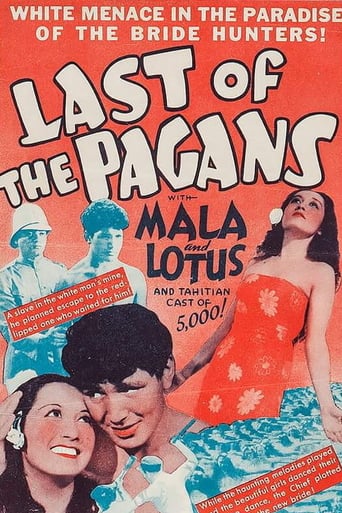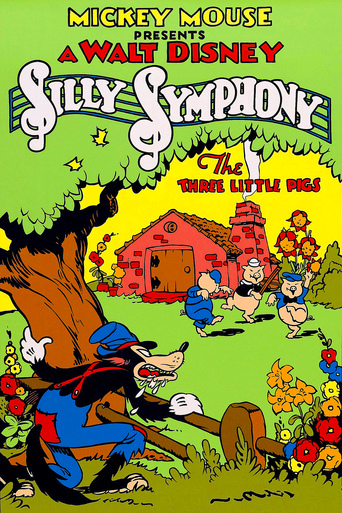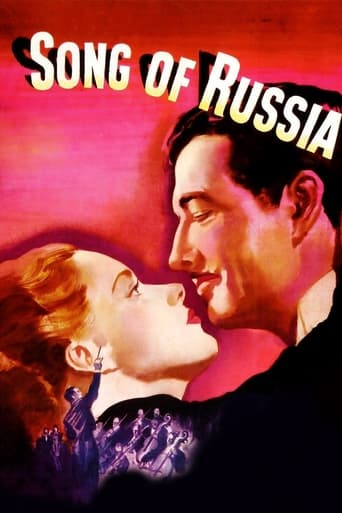
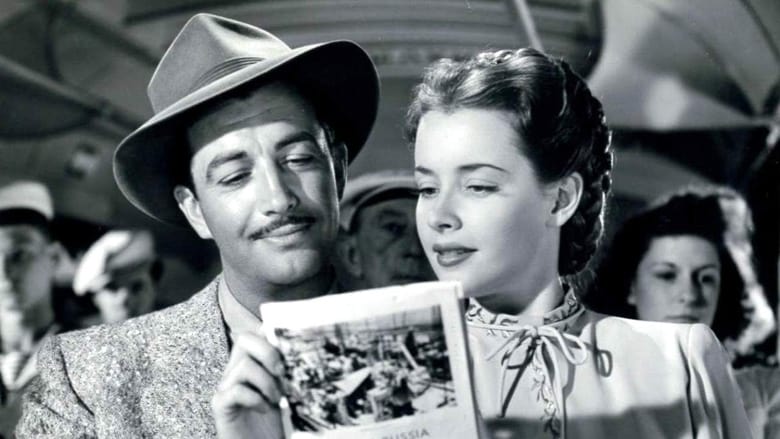
Song of Russia (1944)
American conductor John Meredith and his manager, Hank Higgins, go to Russia shortly before the Nazi invasion of the Soviet Union. Meredith falls in love with beautiful Soviet pianist Nadya Stepanova while they travel throughout the country on a 40-city tour. Along the way, they see happy, healthy, smiling, free Soviet citizens, blissfully living the Communist dream. This bliss is destroyed by the German invasion.
Watch Trailer
Cast


Similar titles
Reviews
I love this movie so much
Nice effects though.
Best movie ever!
This is a gorgeous movie made by a gorgeous spirit.
I'll be the first to admit that this film was a bald effort at propaganda. I'll also admit that the conditions depicted in Russia were far from reality. However, this isn't the first effort at propaganda by Hollywood, nor is it the first (or the thousandth) that takes a wide berth from reality. If you look at the movie's setting (happy Russians with a benevolent leader) as fantasy, and imagine the Russia shown in the movie as a mythical nation, then you have a dandy story here. Propaganda aside, the storyline here is excellent; it's engrossing, well-written and intelligent. The acting is superb, from top stars Taylor and Peters down to the bit players and extras. The dance scenes are well choreographed. The music, mostly that of Tchaikovsky, is superb, and the soundtrack is masterfully woven into the background throughout the story. The music is well-played and well conducted by Albert Coates (who also did the piano work). As for the piano, Susan Peters does a good job of finger placement that could fool all but the trained eye into thinking that she could actually play the piano (she couldn't at the level shown in the movie). The one fault herein is Taylor's attempts to imitate a conductor: suffice it to say that it's out of sync and overstated to the point of absurdity.As a side note, many of the members of the Peter Meremblum orchestra (prodigal young musicians, many of whom went on to careers in music, and a few of whom became very well-known in the world of music) appear throughout the movie, mainly as extras and as kids in the village and youths in the Moscow Conservatory. The orchestra also performed some of the background music.All in all, this is an excellent movie if one can overlook the propaganda and anti-realism and treat it as a fantasy/fiction.
Look: This film IS propaganda, but it certainly isn't Soviet propaganda. I think it is clear from watching the film disinterestedly and/or reading ALL of the transcripts of Ayn Rand's HUAC testimony that it was American wartime propaganda aiming at 1) strengthening political ties with its then-ally Soviets, and 2) convincing the American's that they should support the joint effort with the Russians against Germany. The US was too afraid to admit to the American people that they, like, Churchill said, had to work with the devil to defeat Hitler; they used propaganda film instead (ad not just here, but overtly as part of Frank Capra's "Why We Fight" series). Further, I think it is probable, as a previous poster mentioned, that they are only guilty of writing a very ill-conceived "love knows no bounds" kind of war time love story; this is just a year or so after Casablanca, after all! The movie certainly was picked up, partly on the basis of the love-knows-no-bounds angle, but more overtly b/c, as the awful Robert Taylor pointed out in his own HUAC testimony, the request came from the US State department.
Anyone know where I can get it? I've been trying for years. It's a pity, as I'm a Russophile and as such am interested in all historical/period pieces without having to label them as propaganda. After all, when WE do it, we call it Education. It's only when others do it that we call it Propaganda. Need proof? Geroge W. Bush and all the hateful lies. We live in a purely propagandized state. This website asks for 10 lines of text in order to get posted, but all I want to know is where I can get a copy of this film of my own. It made an impression on me three years ago when Teddy Baby aired it (more than once, too, and I missed the opportunity to record it).
It seems HUAC in '47 took depictions of life in the Soviet Union as portrayed in "Song of Russia," '43, much too seriously.Anyone looking at this film could tell it was a romantic tale the writer contrived to tell a love story against all odds.Robert Taylor seemed on familiar ground here. Only four years earlier, in "Waterloo Bridge," he'd found a love in war torn England. She was a classical artist who fell madly in love with him. In "Song of Russia" both he and his love are classical artists who make beautiful music together.Like "Bridge," "Russia" is photographed in sharp black and white, and the film is peppered with lots of musical interludes, mostly by Tchaikovsky. Taylor's "orchestral conducting" was well coached (save for a "lost" left arm) and Susan Peter's "concerto playing" was effectively "mimed." (One of Jerome Kern's most haunting songs, "And Russia Is Her Name," is given a less than adequate rendition.) It was fun to hear John Hodiak's initial Russian accent finally give way to no accent at all. And the village people do all the stereotypical things, like sing happy rounds while returning from the fields, and performing specialty ethnic dances at evening vodka fests.Throw in the start of WW2 and the drama's intensified. Still, the power of the lovers' affection is too strong and ultimately that love triumphs.


